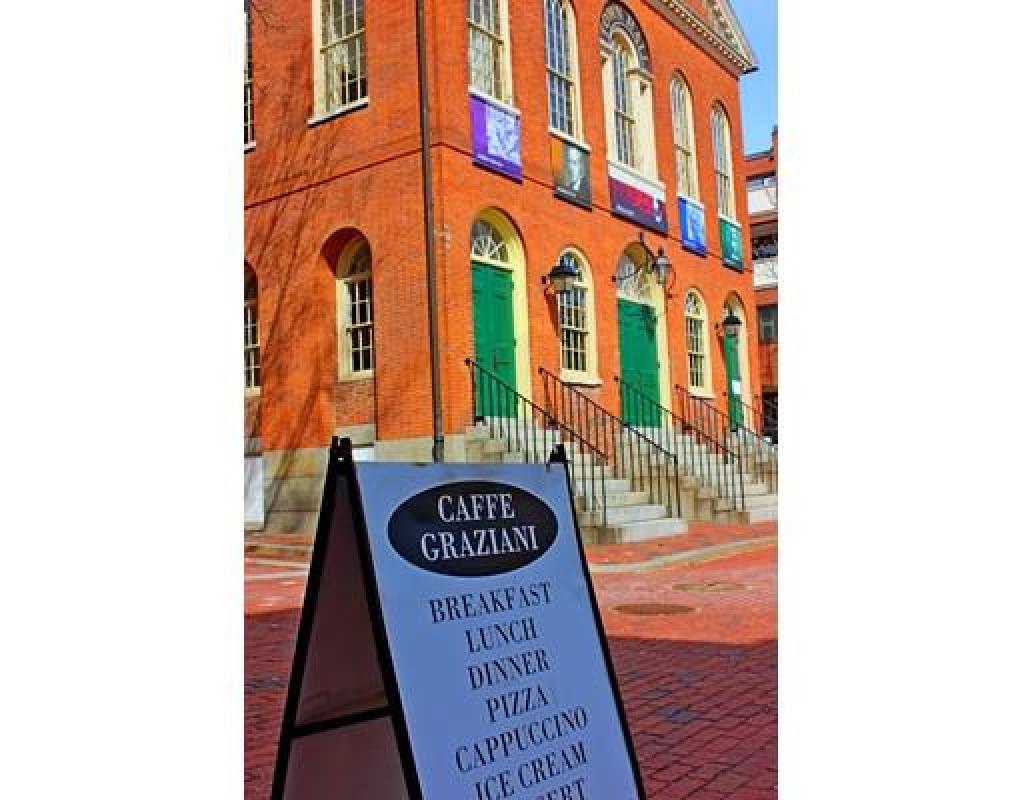If you live where floods happen, you may see an increase on your next flood insurance (
http://www.houselogic.com/home-advice/disaster-insurance/what-does-flood-insurance-cover/) bill. Here's why rates are changing, plus tips to help you figure out if you're affected.
Why Are Rates Going Up?
Two reasons:
1. The Federal Emergency Management Agency is updating its flood maps to be more accurate, which could change your flood risk designation. If your risk is higher, your premiums will go up. If it's lower, your premiums could go down.
2. Last year, a new law took effect that requires the National Flood Insurance Program (NFIP) to phase out subsidies for some older properties to reflect the full risk of flooding.
Phasing out the subsidized rates and discounts over the next five years will help the NFIP stay solvent.
Some subsidies have been given in the form of "grandfathering." A grandfathered rate is a discount given to homes built in compliance with then-existing standards in a flood-mapped community where the flood risk has since increased.
Congress and FEMA are reviewing these properties to determine whether to phase out these grandfathered rates. FEMA won't make a decision on this until late 2014. By then, Congress could pass a law delaying the increase indefinitely.
Do You Have a Subsidized or Discounted Rate?
Only 20% of NFIP policies are subsidized. Most hom eowners already pay the full rate and won't see an increase.
If your property isn't your principal residence, is in a special flood hazard area, and was built before the first flood insurance rate map was implemented for your community, you may be getting a subsidy for being what's called Pre-FIRM (pre-flood-insurance-rate-map).
TIP: To find out if your home is Pre-FIRM, look up your area in the Federal Emergency Management Agency's (FEMA's) Community Book.
1. Click your state.
2. Look for the date in the "Init FIRM Identified" column for your area.
If your home was built before that date and it's in a special hazard zone, you probably have subsidized flood insurance.
If Your Premiums Aren't Subsidized or Discounted
It's possible you still could see a change in your flood insurance premiums if your home is in a community that adopts a revised flood map after July 6, 2012. If that revised flood map puts you in a different zone, your rates could go up or down.
When Will the Rate Changes Take Effect?
If your home is Pre-FIRM and it's a second home (rental or vacation), you may already have seen your rates change. A 25% increase was implemented for policies renewing after Jan. 1, 2013. Increases will continue each year until they reach full-risk rates.
In October 2013, more subsidized homes will start seeing rate increases of 25% each year:
•Severe repetitive loss properties
•Business properties
•Properties with previous flood claims for more than the market value of the property
If you have a Pre-FIRM home, and it's your primary home, and it doesn't fall into the above-mentioned categories, (lucky you!) you get to keep your subsidized rate until:
•You sell your home.
•You let your policy lapse.
•You have severe, repeated flood losses.
•You buy a new policy.
Can You Get a Better Rate?
You may be able to get a lower flood insurance rate by changing your home's flood risk. Congress appropriated a large sum of money for property owners to raise their homes onto piers, posts, columns, or pilings. Check with your local community to see if grant money is available to help you do that. Talk to your insurance agent about how elevating your house will change your flood insurance premium.
There's also a Community Rating System that could reduce flood insurance rates by up to 45%, depending on which flood plain management regulations your community adopts.
Check with your local officials or insurance company to see if your community participates and if you can get a discount for that. If your community doesn't participate, write a letter to local officials urging them to join the Community Rating System.
Other things you can do to trim your flood insurance premiums:
•Opt for a higher deductible on your excess insurance policy if you have one.
•Convince local officials to put more money into community flood mitigation projects to lower your flood risk.
It won't lower your premium, but having a flood cleanup kit (http://www.houselogic.com/home-advice/floods/flood-cleanup-kits-prepare-you-high-tides/) on hand will make your life easier if you do have a flood.
By the way, NFIP is the best deal. Without it, you have to take your chances in a virtually nonexistent private market for flood insurance at rates only the wealthy can afford.
Some of the same companies that provide private flood coverage also sell "excess coverage" flood insurance. Excess coverage pays to rebuild homes valued at more than the NFIP limit of $250,000.
Mistakes in Flood Insurance Premiums
It's possible the rate you're quoted for flood insurance is wrong. If you disagree about whether your home is in a particular flood zone or the insurer didn't take into account the pilings that raise your home 12 feet in the air, you can appeal your home's flood zone determination.
An elevation certificate (http://www.floods.org/ace-files/documentlibrary/FEMA/FEMA_Elevation_Certificate_Exp_2010.pdf) from a surveyor or engineer can lower your premium if it proves your home sits above the predicted flood level.
You'll also want to correct insurer mistakes that lower your premium. For example, if your policy says your home doesn't have an elevator or crawlspace and it does, tell your agent, even if your premium will rise when those are included. That ensures your property and possessions are fully covered and recoup what you're owed.
Think the FEMA map itself is wrong? Check with local zoning officials, your builder, prior owners, a local surveyor, and FEMA to see if anyone has filed a Letter of Map Amendment asking for a map review.
If no one has filed, you can do your own appeal.
Article From HouseLogic.com
By: Dona DeZube Published: July 22, 2013




